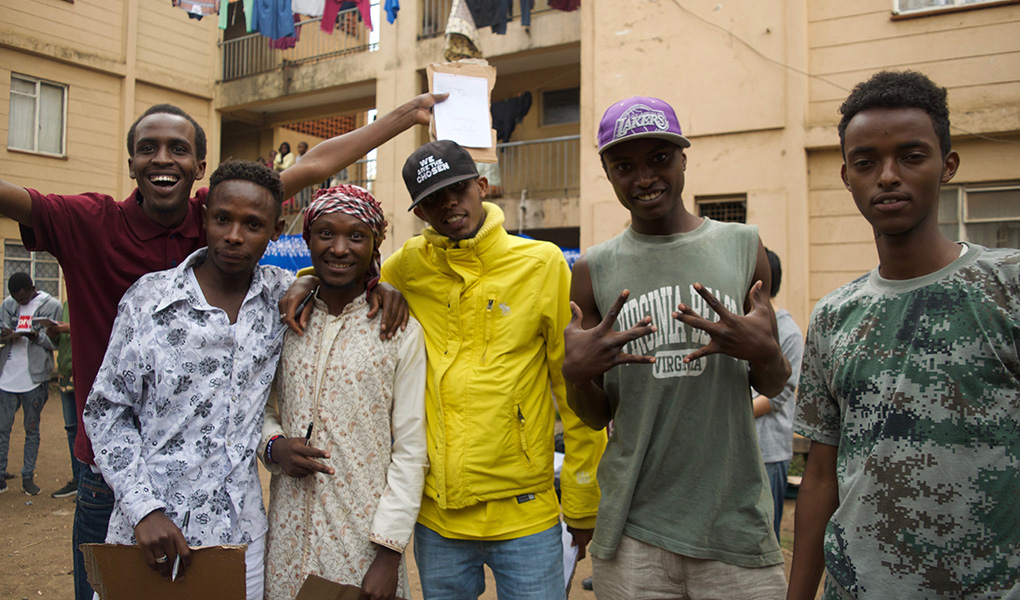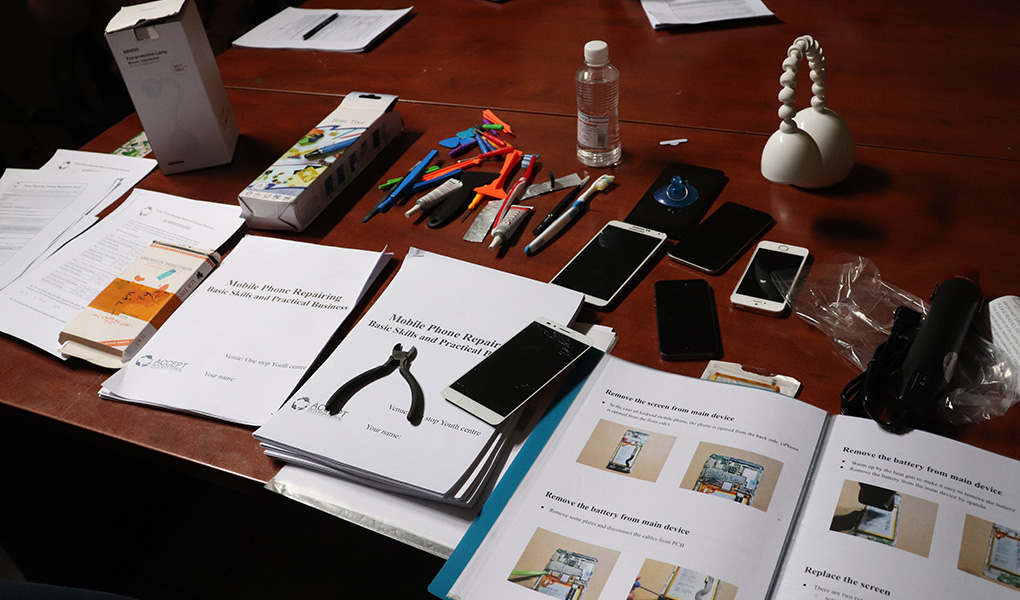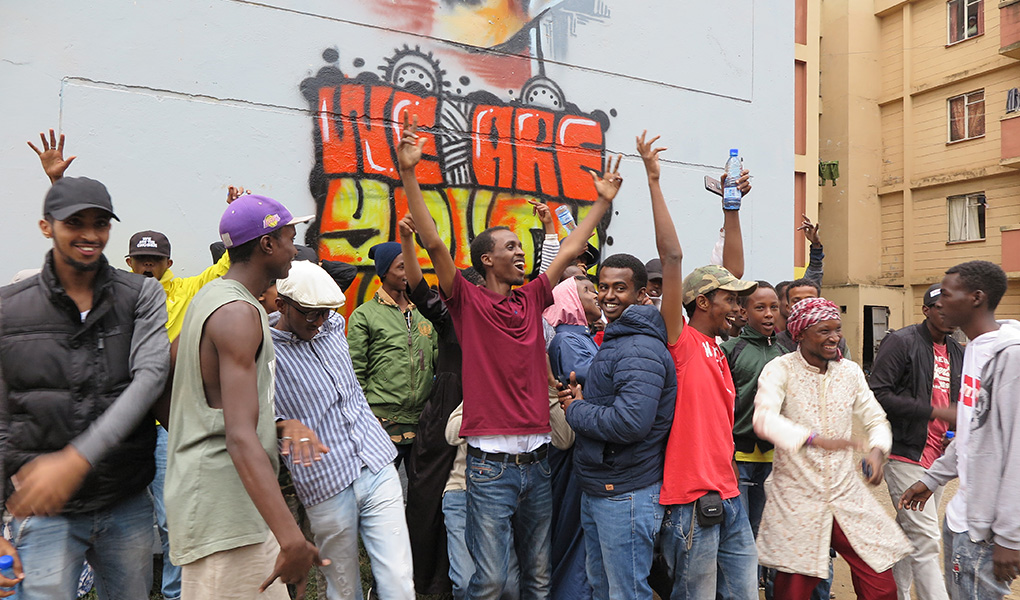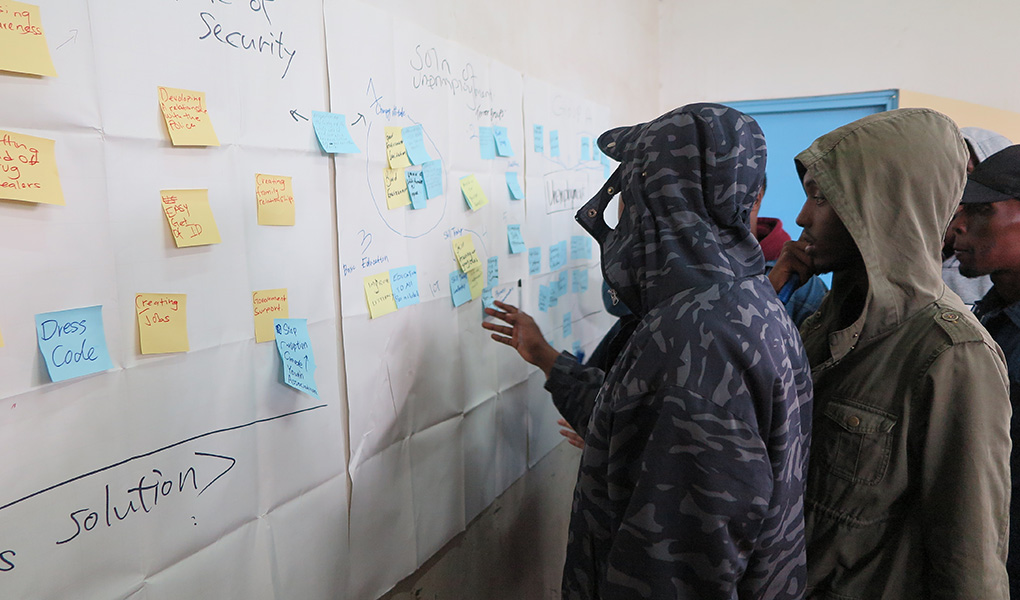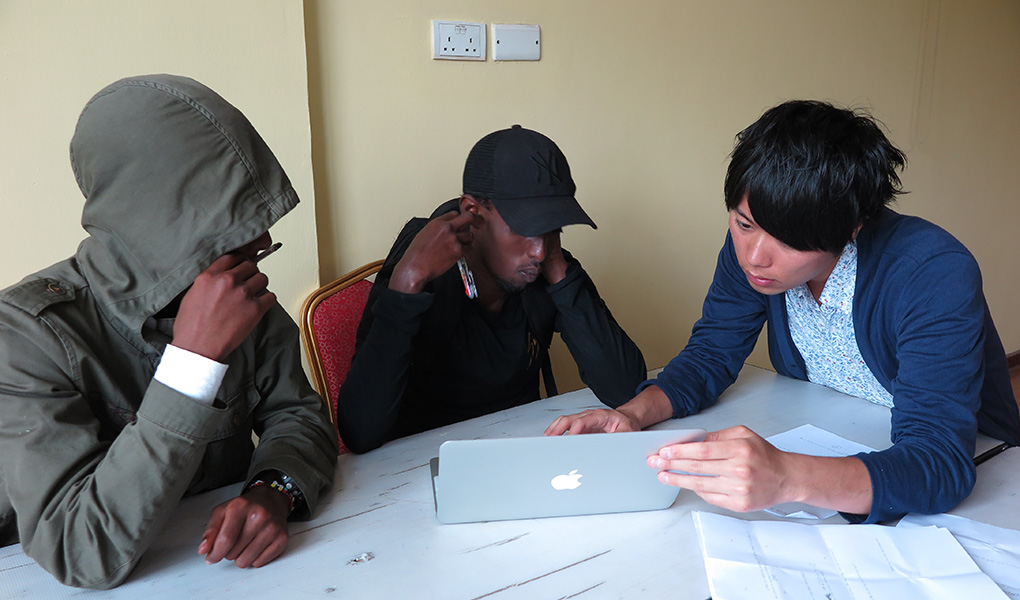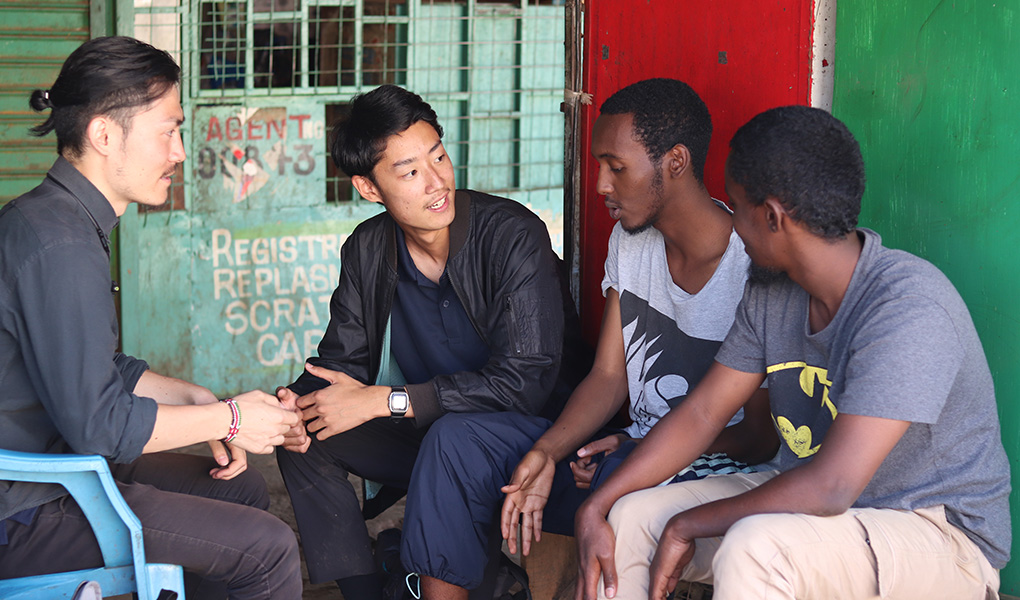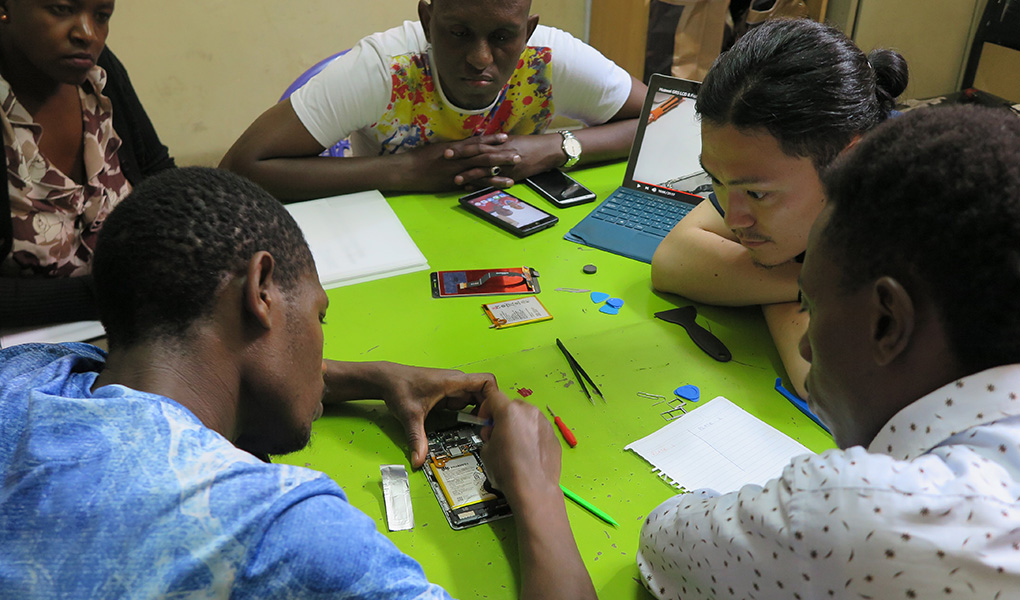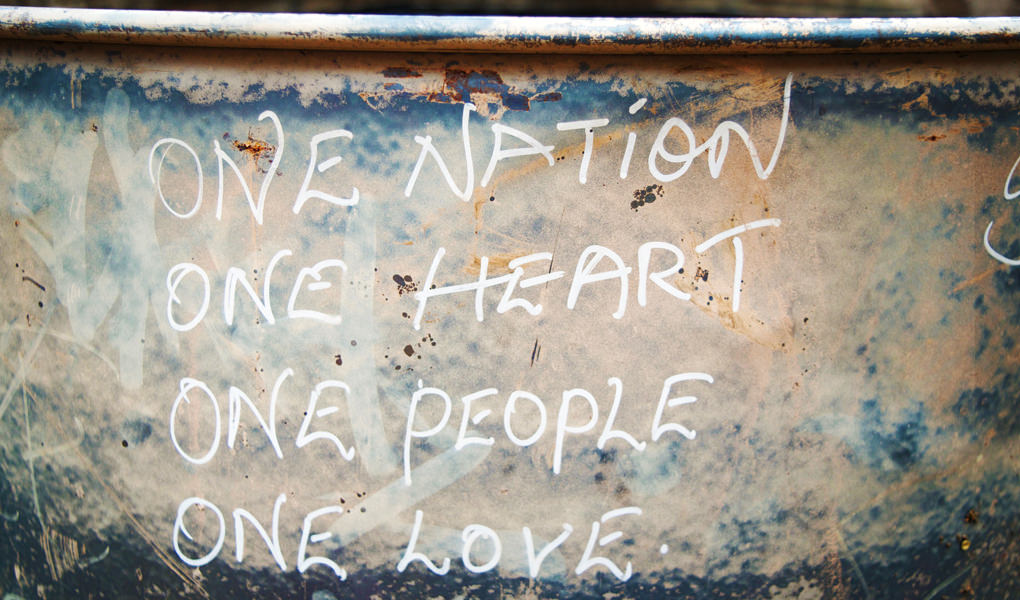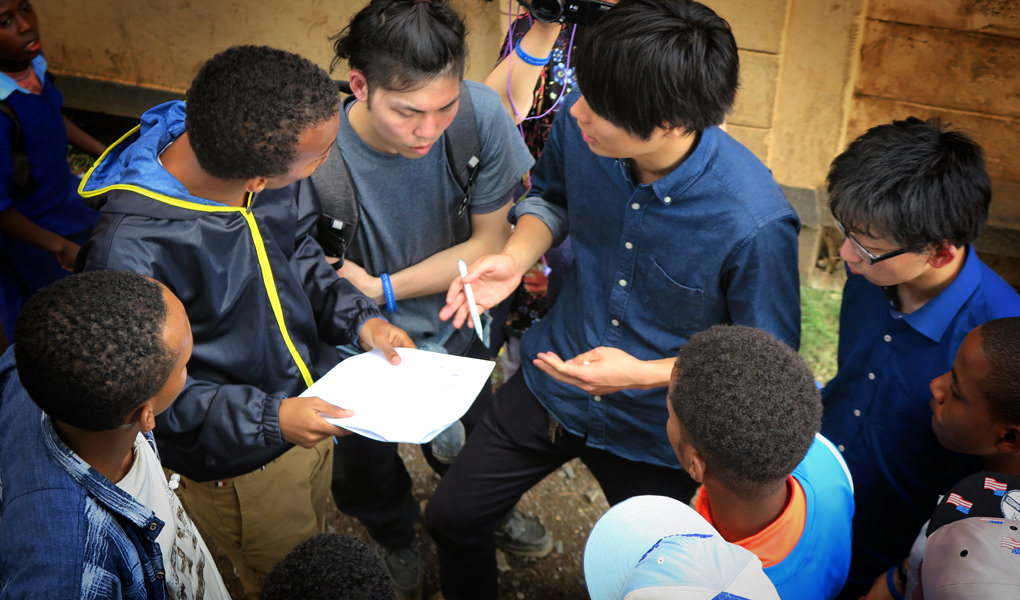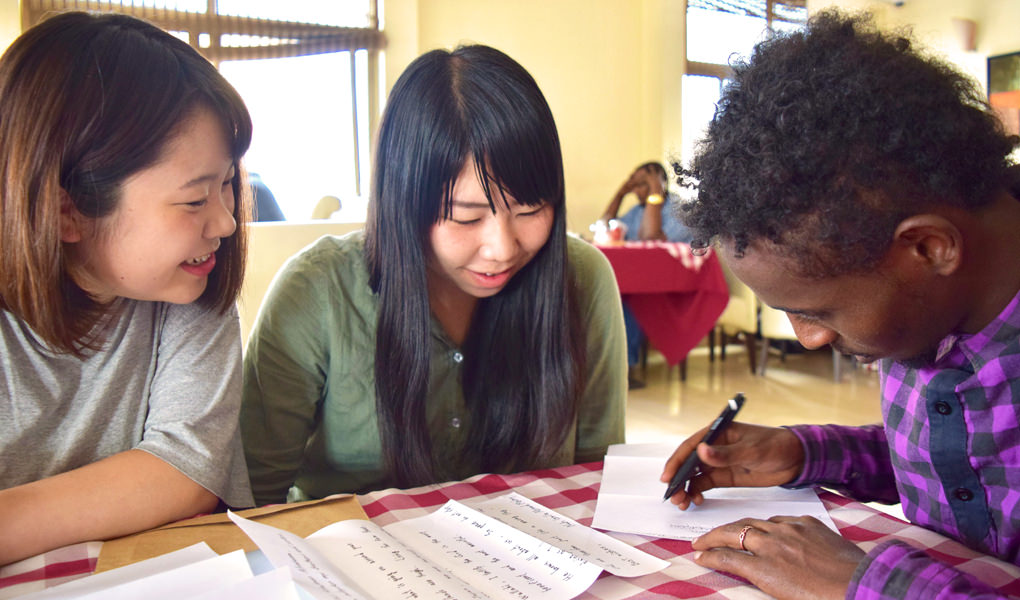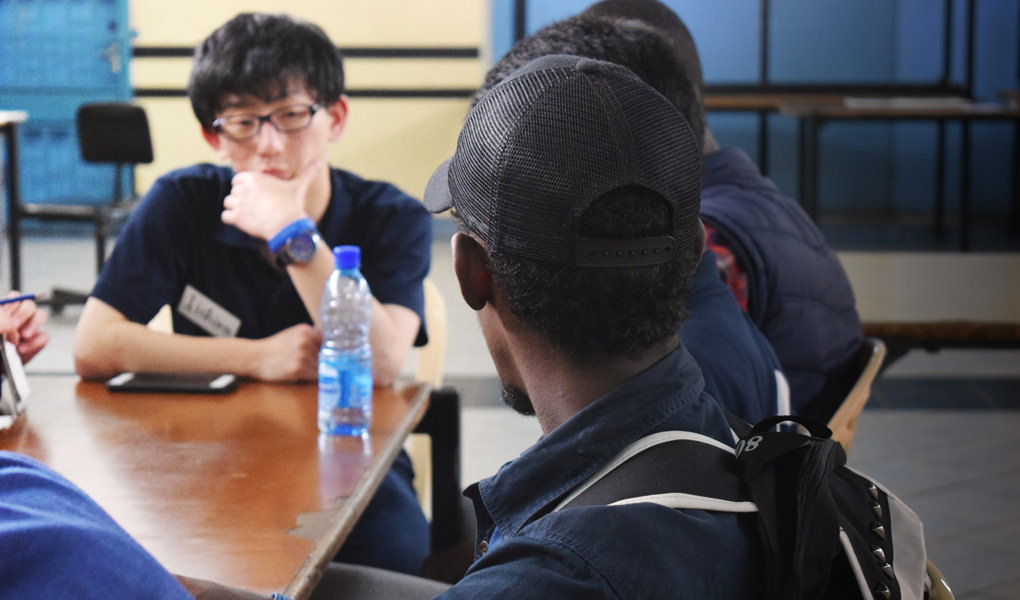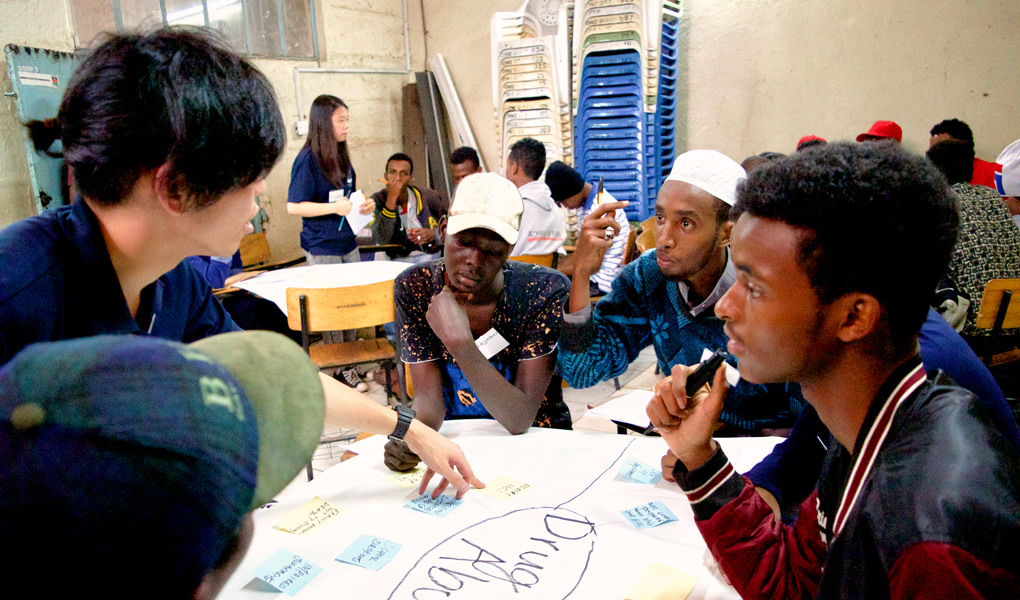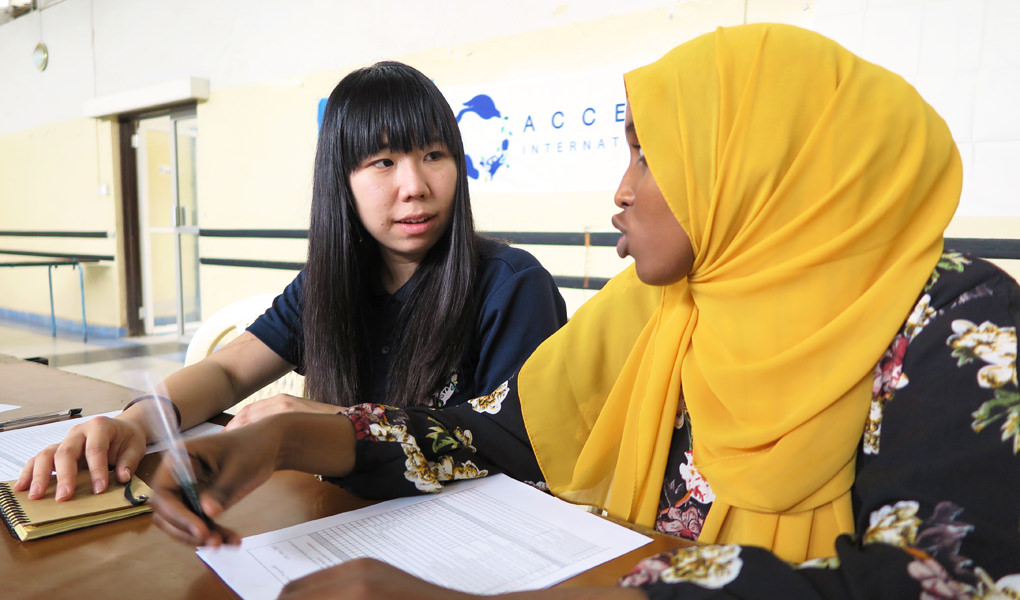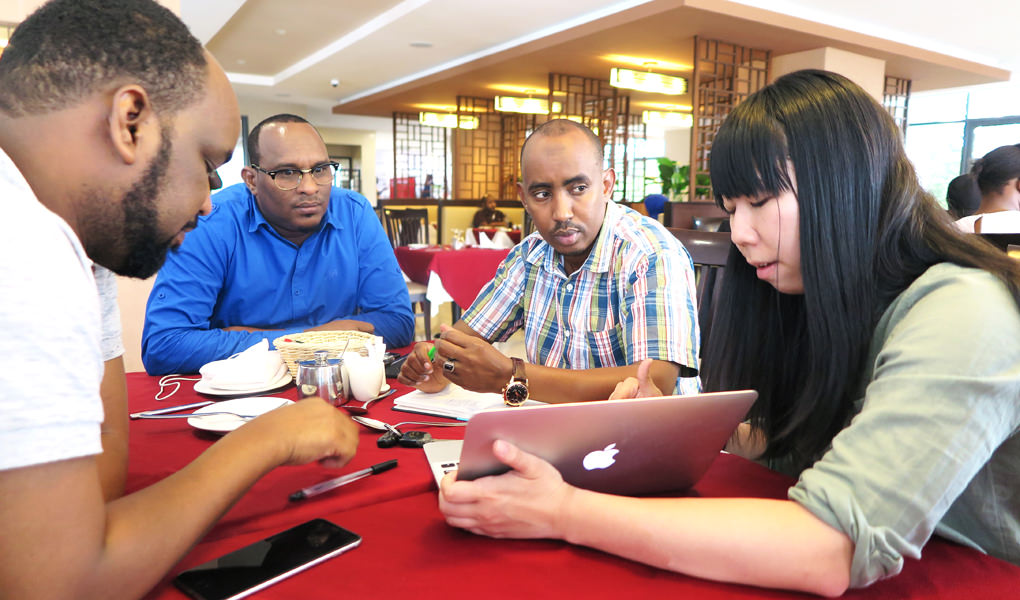Selected Activities in Kenya
1.Deradicalization and reintegration projects towards Somali gangs
Deradicalization and reintegration projects for Somali gangs
Since 2013, we have conducted deradicalization and reintegration projects, mainly for Somali gangs in the Eastleigh District of Nairobi. Though such individuals have been shunned as criminals from local communities, there are many circumstances that lead to them joining gang groups. In particular, cases of youths joining gang groups to protect themselves from the harsh environment (e.g., discrimination and harassment, high unemployment rates, and unstable public security) have not been few. Nonetheless, care for them has been nonexistent, isolating them even more from the local community. Therefore, we have been providing them with skills training and regular counseling over a long period of time, in addition to awareness-raising programs to help them realize their own potential and take action as social changemakers. Through these efforts, we successfully led one of the three major gang groups in the region to dissolution in 2018. Now, most graduates of our program live life as a youth while having jobs and supporting their families.
Strengthening the rehabilitation and reintegration support system for terror offenders
With financial support from the Ministry of Foreign Affairs of Japan, we have implemented efforts to strengthen the rehabilitation and reintegration support system for terror offenders at maximum security prisons in Nairobi and Mombasa in 2023. This project aims to ensure the proper function of the reintegration system for inmates through rehabilitation programs such as care counseling and vocational training, improvement of the incarceration environment through renovation and construction of new facilities, implementation of training for prison officers, and community dialogue events to promote mutual understanding with the local community.
2. Radicalization prevention projects toward youths at risk
Youth empowerment for Income generation through entrepreneurship projects in Nairobi
We have conducted income generation support for vulnerable youth in semi-slum areas of Nairobi in collaboration with Japan International Cooperation Agency (JICA) and local NGOs since 2019. With the risk of youths becoming radicalized rising due to the high unemployment rate, this project has enabled youths to generate income through small entrepreneurship and build their resistance to radicalization by providing smartphone repair skills training, basic business and life skills training, as well as long-term follow-up after the training. We have provided training to more than 550 youths.
Youth reception center in Mandera
At the request of the United Nations Human Settlements Programme (UN-HABITAT), we have implemented the “One Stop Youth Resource Centre Project”, a joint project to prevent youth radicalization in Mandera. It is an area where the risk of youth radicalization is high due to the marginalization and exclusion from other parts of Kenya, as well as unstable security. In fact, more than a few people in the region cross into Somalia and join militant groups such as Al-Shabaab. Despite such importance, the region has so far been left out of proper support due to frequent attacks, kidnappings, and poor geographical accessibility. We have provided training for Mandera County government officials by holding workshops on countering violent extremism, and created training modules within the project. Especially in 2020, in response to the COVID-19 crisis, the centre was used as a medical care centre and awareness-raising hub for hygiene and radicalization.
3. Conflict prevention and strengthening resilience for vulnerable communities
Training for youth, women, and communities in Turkana and Garissa
As an Implementing Partner of the International Organization for Migration (IOM), we have conducted conflict resolution workshops and vocational training for communities vulnerable to climate change. Although pastoralists make up the majority of the population in Turkana and Garissa, many livestock have died due to lack of water and pasture from severe drought. This has led to an increase in conflicts among pastoralist communities over limited resources and the looting of livestock, as well as a risk of malnutrition and starvation. To improve the resilience and livelihoods of communities vulnerable to climate change, we have provided conflict resolution/prevention workshops, and vocational training for youth, women and community leaders.








